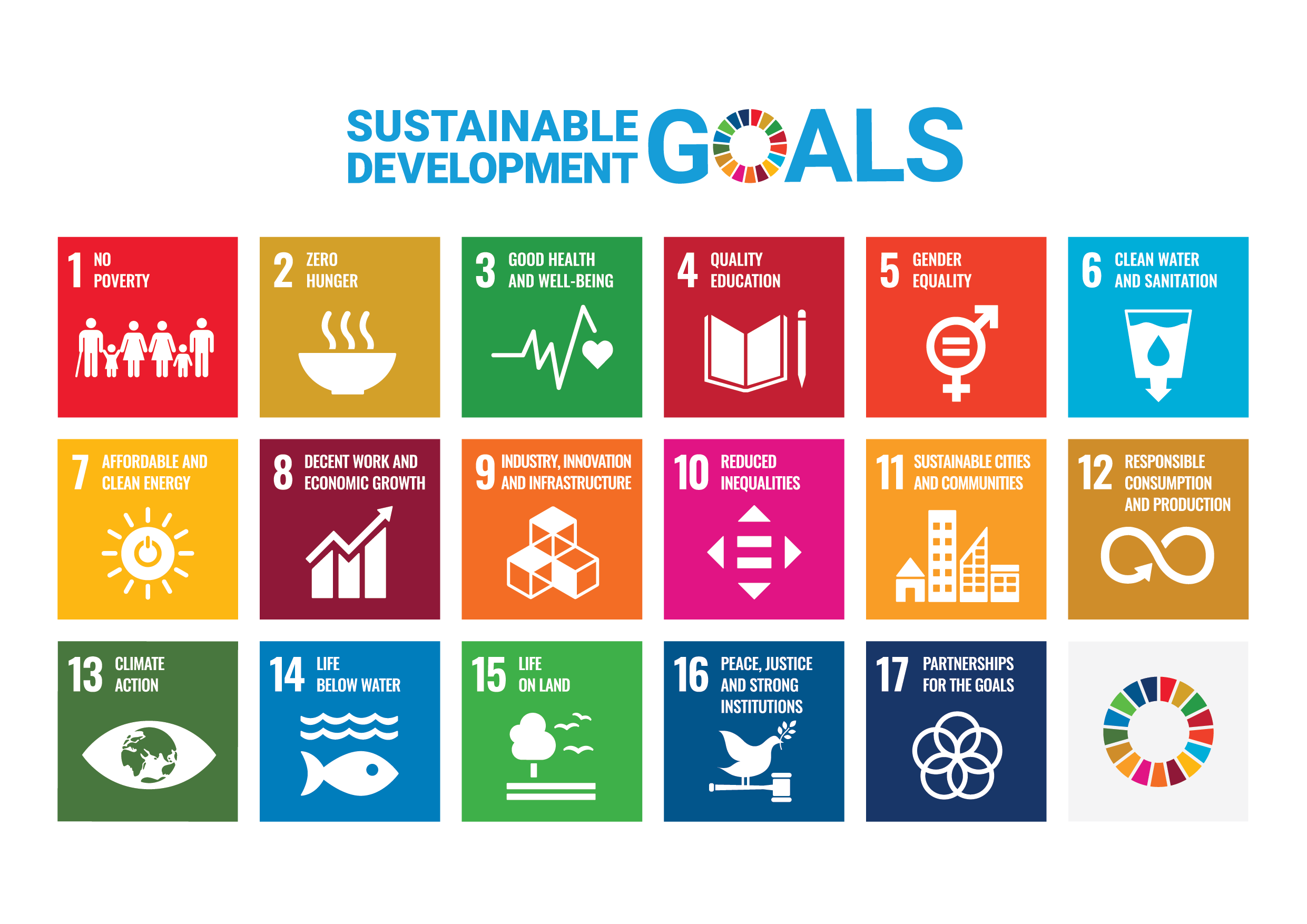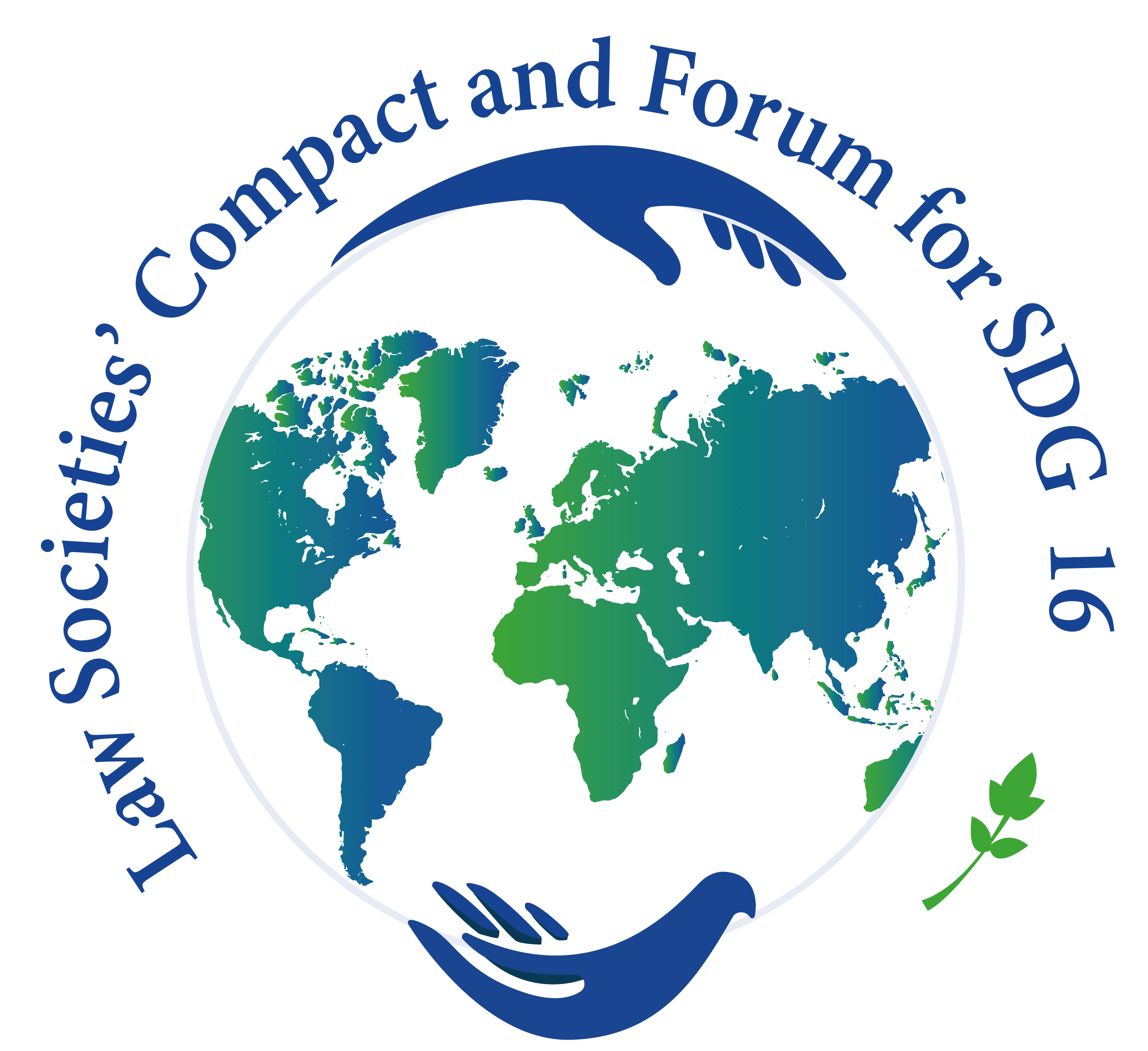The 2030 Agenda for Sustainable Development, adopted by all United Nations Member States in 2015, provides a shared blueprint for peace and prosperity for people and the planet, now and into the future. At its heart are the 17 Sustainable Development Goals (SDGs), which are an urgent call for action by all countries – developed and developing – in a global partnership. They recognize that ending poverty and other deprivations must go hand-in-hand with strategies that improve health and education, reduce inequality, and spur economic growth – all while tackling climate change and working to preserve our oceans and forests.

SDG 16 calls for Peace, Justice and Strong Institutions. The targets of SDG16 are:
- Significantly reduce all forms of violence and related death rates everywhere.
- End abuse, exploitation, trafficking and all forms of violence against and torture of children.
- Promote the rule of law at the national and international levels and ensure equal access to justice for all.
- By 2030, significantly reduce illicit financial and arms flows, strengthen the recovery and return of stolen assets and combat all forms of organised crime.
- Substantially reduce corruption and bribery in all their forms.
- Develop effective, accountable and transparent institutions at all levels.
- Ensure responsive, inclusive, participatory and representative decision-making at all levels.
- Broaden and strengthen the participation of developing countries in the institutions of global governance.
- By 2030, provide legal identity for all, including birth registration.
- Ensure public access to information and protect fundamental freedoms, in accordance with national legislation and international agreements.
- Strengthen relevant national institutions, including through international cooperation, for building capacity at all levels, in particular in developing countries, to prevent violence and combat terrorism and crime.
- Promote and enforce non-discriminatory laws and policies for sustainable development.
This Goal is by its nature particularly relevant to lawyers who not only live by the rule of law, and are vital in the delivery of justice, but also play a vital role in the creation of effective, accountable and transparent institutions, the protection of fundamental freedoms and the promotion of non-discriminatory laws.
